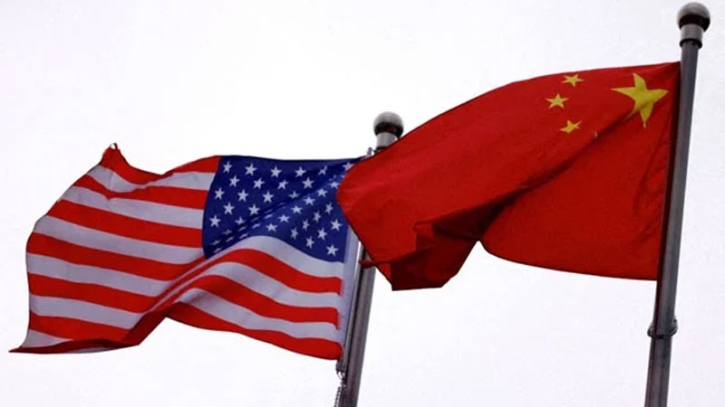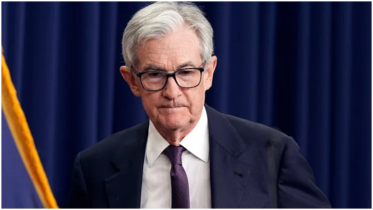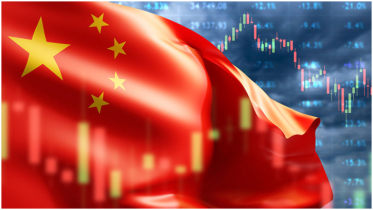China denies US claims of trade deal breach as tensions rise again

China on Monday firmly rejected accusations from the United States that it had violated a recently signed tariff truce, as tensions between the two global economic powers began to flare up again.
The backlash comes after U.S. Commerce Secretary Howard Lutnick claimed in a weekend interview that Beijing was "slow-rolling" the implementation of last month’s agreement, which temporarily reduced tariffs for 90 days following high-level talks in Geneva.
In response, China’s commerce ministry dismissed the allegations as "bogus charges" that "seriously contradict the facts," insisting that it has acted in good faith.
"China firmly rejects these unreasonable accusations," the ministry said in a statement, emphasizing that it has been "sincere in implementing the consensus" reached in Geneva.
President Donald Trump last week accused China of "totally violating" the agreement but did not offer specific details. In turn, Beijing pointed to a series of recent U.S. actions it says undermine the deal — including export controls on AI chips, restrictions on chip design software, and visa revocations for Chinese students.
Beijing urged Washington to "immediately correct its wrongful actions" and honor the spirit of cooperation agreed upon in Geneva. Failing that, the ministry warned, "China will continue to resolutely take strong measures to uphold its legitimate rights and interests."
Possibility of direct talks
Despite the rising tension, U.S. Treasury Secretary Scott Bessent signaled hope for de-escalation, saying a call between President Trump and Chinese President Xi Jinping could happen soon.
“I’m confident this will be ironed out,” Bessent said Sunday on CBS’s *Face the Nation*, though he acknowledged frustrations over China allegedly holding back on releasing key exports such as rare earth elements.
A date for the proposed Trump-Xi call has not been confirmed, and China’s Monday statement made no mention of any such plans.
The Geneva agreement, Beijing emphasized, was a “hard-won” consensus grounded in “mutual respect and equality,” and warned the U.S. against “going its own way and continuing to harm China’s interests.”
Market reaction
Global financial markets responded cautiously. U.S. stocks ended mixed on Friday following Trump’s social media accusations. On Monday, Hong Kong’s Hang Seng Index fell around 2% shortly after the opening bell, reflecting renewed investor concern over deteriorating U.S.-China relations.
.png)




